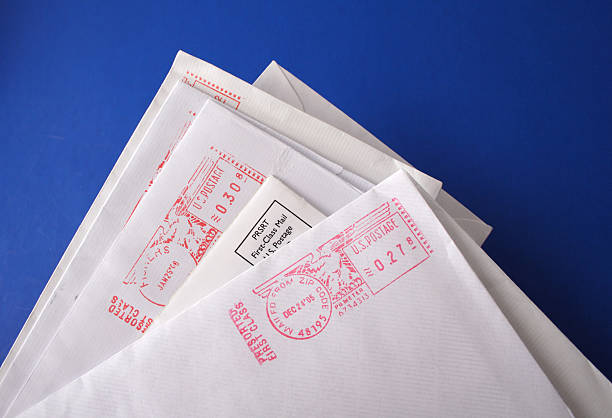In the corporate world, where documentation and formalities are paramount, the company stamp holds a special place. Often underestimated, this small yet powerful tool serves as a symbol of authority, authenticity, and professionalism. In this article, we explore the significance of company stamps, shedding light on their historical roots, practical uses, and their enduring role in the modern business landscape.
Historical Roots:
The use of seals and stamps to authenticate documents dates back centuries. In medieval times, wax seals imprinted with a unique design were pressed onto documents to signify approval or authorization. This practice served as a tangible mark of authority, ensuring the credibility of legal and official papers.
In the corporate context, the tradition of using company stamps has evolved from these historical roots. While the wax seal has given way to more practical and efficient materials, the essence remains the same – a formal mark of approval and authenticity.
Practical Uses of Company Stamps:
- Document Authentication: The primary function of a company stamp is to authenticate documents. By affixing the company stamp onto contracts, agreements, or official letters, businesses provide a visible and tangible mark of their endorsement. This helps instill confidence in the authenticity of the document.
- Legal Recognition: In many jurisdictions, the use of a company stamp lends legal recognition to a document. It signifies that the document has been approved and sanctioned by the authorized representatives of the company. This is particularly crucial in legal agreements and official communications.
- Formalizing Transactions: Company stamps play a vital role in formalizing various transactions. Whether it’s approving invoices, confirming receipt of payment, or endorsing important paperwork, the stamp acts as a formal acknowledgment, adding a layer of professionalism to business dealings.
- Corporate Branding: The design of a company stamp often incorporates the company logo or a unique identifier. This not only adds a touch of corporate branding but also reinforces the company’s identity. A well-designed stamp can become a recognizable symbol of the business.
- Banking and Financial Transactions: In banking and financial transactions, the company stamp is frequently used to endorse cheques, confirm receipt of funds, or authorize financial documents. This not only streamlines financial processes but also adds an extra layer of security.
Enduring Relevance in the Modern Era:
In an age dominated by digital communication and electronic signatures, the traditional company stamp might seem quaint to some. However, its relevance persists for several reasons:
- Formal Requirements: In many jurisdictions, certain documents are still required to bear a physical mark of approval. The company stamp fulfills these formal requirements, ensuring legal compliance and recognition.
- Global Business Practices: In international business dealings, where practices and expectations vary, the company stamp can be a universal symbol of formality and authenticity. It provides a common ground in diverse business environments.
- Cultural Significance: In some cultures, the act of stamping a document holds cultural significance, symbolizing respect, commitment, and the seriousness of an agreement. The company stamp, in such cases, becomes a bridge between business practices and cultural nuances.
Conclusion:
While the world of business continues to evolve, the company stamp remains an enduring symbol of formality, authority, and professionalism. Beyond its practical functions, it carries a historical legacy and cultural significance that adds a layer of authenticity to the corporate world. As businesses navigate the complexities of the modern era, the company stamp stands as a small but powerful reminder of the traditions that shape our professional landscape.









